Burkina Faso
A 16-member ECOWAS delegation has been in Ouagadougou since Tuesday, May 17 to continue its analysis of the national situation, government spokesman Lionel Bilgo said.
This delegation led by the Ghanaian Minister of Foreign Affairs, Shirley Ayorkor Botchway, and the President of the ECOWAS Commission, Jean-Claude Kassi Brou, is "composed of experts in the military and security, humanitarian and political fields," Bilgo said.
“…we hope to be able to provide the experts of ECOWAS with all the elements necessary for their assessment of the national situation," he added.
Burkina Faso has been suspended from ECOWAS since the coup that brought Lieutenant Colonel Paul-Henri Sandaogo Damiba to power in late January.
The junta has set a three-year transition period before elections are held, but ECOWAS wants the duration to be reduced.
It had asked Burkina Faso at the end of March to give a new "reasonable" timetable for the transition by 25 April, but Ouagadougou asked for more time.
The ruling junta subsequently asked for a "military, political and humanitarian" mission from ECOWAS to assess the national situation, before deciding on its request to shorten the transition period.
"A delay cannot be imposed on us until the military, political and humanitarian evaluation missions go to the field to assess the situation we are going through," said Burkina Faso's Foreign Minister, Olivia Rouamba.
Since 2015, Burkina Faso has been caught up in a spiral of violence attributed to armed jihadist movements affiliated with Al-Qaeda and the Islamic State group, which has left more than 2,000 people dead and 1.8 million displaced.



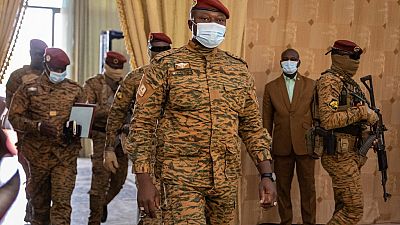

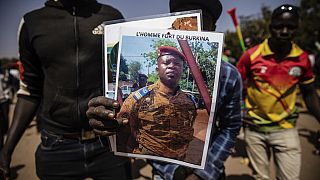
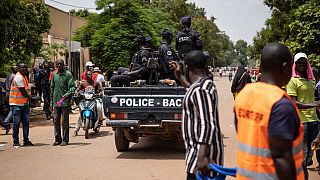
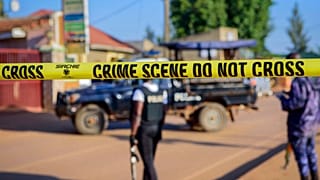
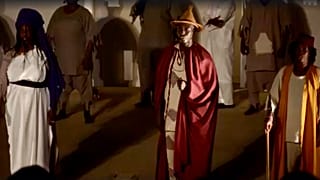
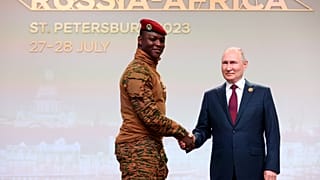

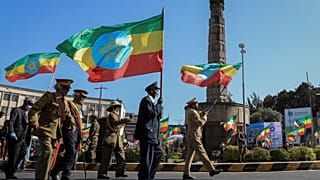
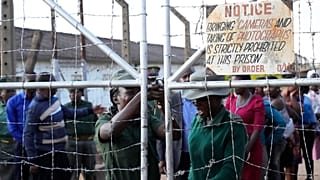
00:17
US-Iran conflict will have 'serious implications' for Africa, African Union warns
01:12
Guinea-Bissau’s main opposition urges dialogue with military rulers
01:14
Ghana says at least 55 citizens killed fighting for Russia in Ukraine
01:04
Rising anger in Africa over 'lopsided' US health funding agreements
11:19
Can IFAD’s “First Mile” revolution secure Africa’s food future?{Business Africa}
Go to video
Armed group killS 33 in fresh simultaneous attacks in Nigeria